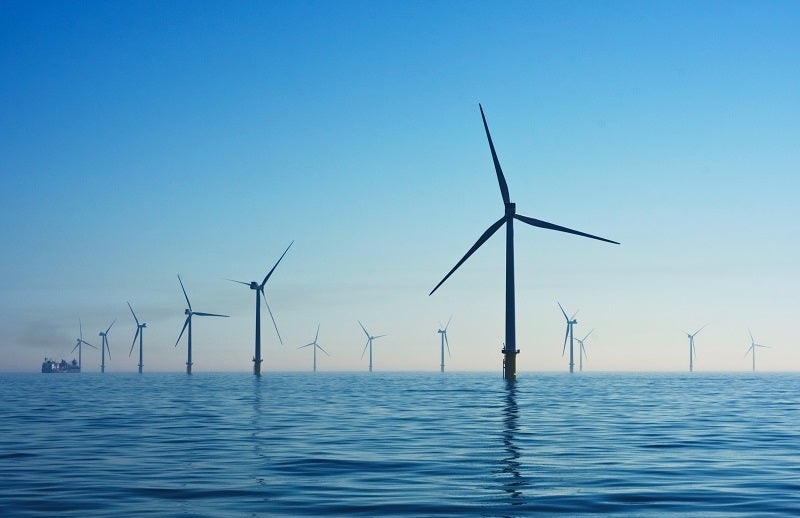
Offshore wind developer wpd has strengthened its presence in Taiwan by signing a joint venture agreement with Taiwan Green Power (TGP).
As per the terms of the agreement, the parties will participate in the third tender round in Taiwan and intend to bid for the offshore wind farm site number 28.
Located off the coast of Changhua, the offshore wind project will be jointly developed by the two companies. It has up to 600MW of planned installed capacity and already secured the Environmental Impact Assessment (EIA) approval.
TGP is an offshore wind developer and part of Taiwanese LeaLea Group.
In another development, wpd expects the 350MW Guanyin wind farm to be installed within 2022, becoming its second offshore project in Taiwan.
The final remaining permits are expected to be issued in the summer and achieve finance closing in the fourth quarter of this year. Also, supply agreements are anticipated to be signed in the coming weeks.
Additionally, the Thai Electricity Generating Public Company (EGCO Group) has acquired a 25% stake in wpd subsidiary Yunlin Holding.
The 640MW Yunlin offshore wind farm is owned by Yunlin Holding and located in the Taiwan Strait. The project will feature a total of 80 Siemens Gamesa SG 8.0 turbines.
A Japanese group of investors led by trader Sojitz holds 27% in the project.
wpd COO Achim Berge Olsen said: “wpd values long-term partnerships and local footprint. In challenging times this becomes even more important and we are happy to strengthen our ties to Taiwan by introducing new investors to the country and by finding new local alliances. Taiwan will remain our key market in Asia.”



